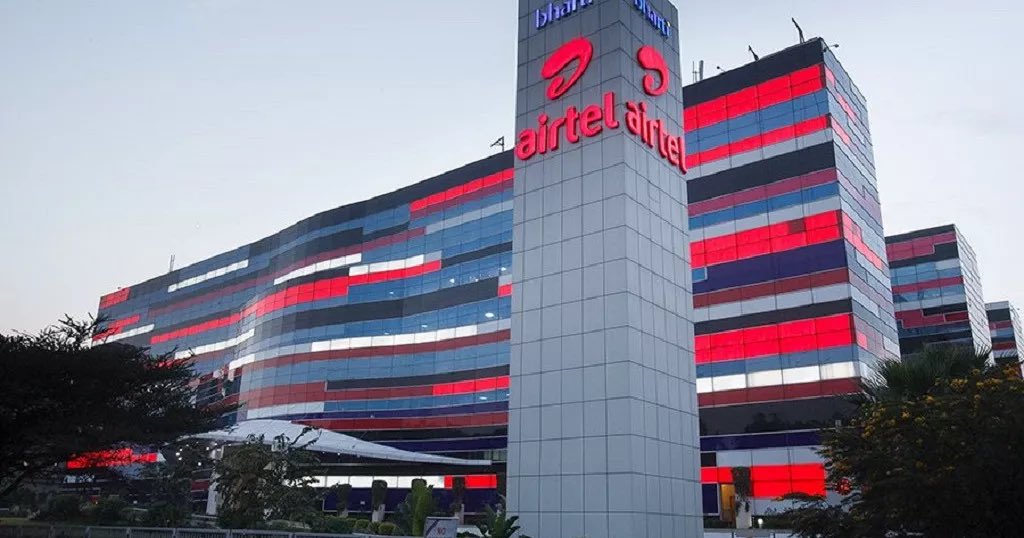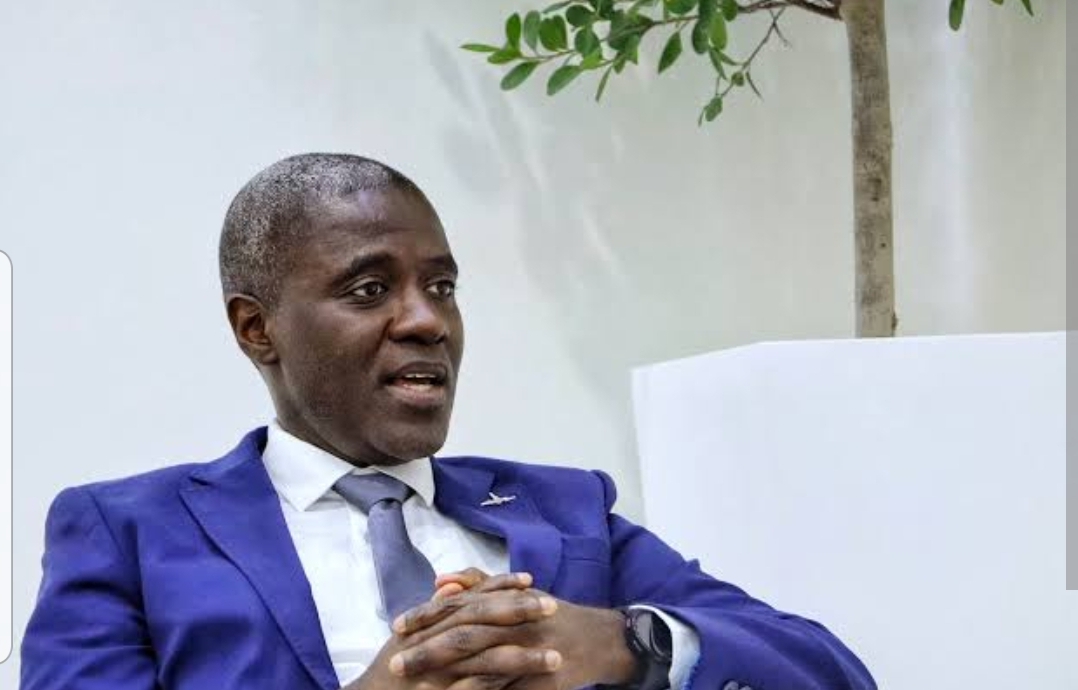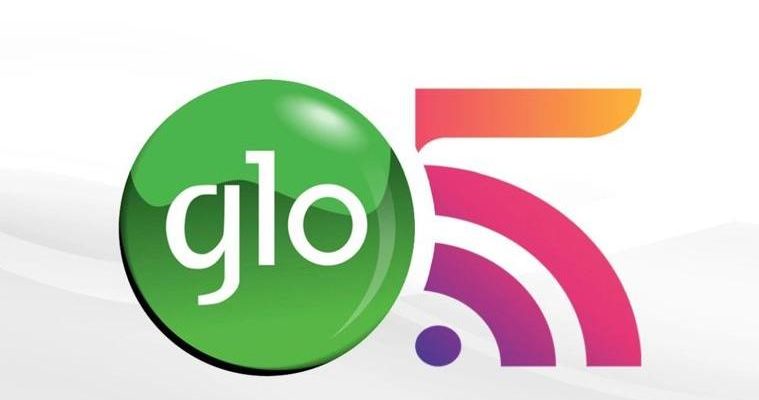Real Reason Hakeem Belo-Osagie Had To Quit As Etisalat Chairman
MICHAEL AKINOLA

Friday June 30, 2017 serial entrepreneur, Hakeem Belo-Osagie had to resigned as incumbent chairman of the embattled mobile telephone operator, Etisalat Nigeria.
A statement by the company said Belo-Osagie’s decision to quit followed the approval of a restructuring plan for the telecommunications firm.
The company said it would move swiftly to set a new management and appoint a new board.
“Although the Chairman had planned to leave immediately the banks made the take-over move, he opted to tarry until a road map for the company was finalised.
The timing of the resignation was strategically delayed till now when stakeholders have agreed a plan,” the statement said.
“The development reflects Mr. Belo-Osagie’s deep commitment to protecting the interest of all stakeholders. It is now expected that Etisalat Nigeria under its new shareholding structure will navigate through its current loan repayment challenge with minimum impact.
“Over the last several months, the Chairman has worked extensively with critical stakeholders to prepare clearly articulated strategies and robust road maps that will mitigate the impact of the new shareholding restructuring and realignment on the operations and management of the 4th largest telecoms player in Nigeria,” the company stated.
Belo-Osagie, the former Chairman of the United Bank for Africa, UBA, was the only surviving shareholder in the embattled mobile operator currently embroiled in a $1.2 billion (about N377.4 billion) loan repayment crisis with a consortium of 13 Nigerian banks.
In 2013, Etisalat had obtained the syndicated loan from a consortium of 13 Nigerian banks, including Access Bank, Zenith Bank Plc, Guaranty Trust Bank Plc, First Bank Limited, Fidelity Bank Plc, First City Monument Bank, Stanbic IBTC, Ecobank, United Bank for Africa Plc and Union Bank of Nigeria Plc.
The loan, which involved a foreign-backed guaranteed bond, was to help the mobile firm finance a major network rehabilitation, upgrade and expansion of its operational base in Nigeria.
However, its alleged failure to meet agreed debt servicing obligations with the banks since 2016 triggered a major crisis, culminating in the recent withdrawal of its majority shareholder and resignation of 62-year old Belo-Osagie
Edo State-born billionaire investor was the promoter of Emerging Markets Telecommunications Services, EMTS, which controlled 15 per cent of the equity holding of the company.
Last week, the United Arab Emirates, UAE, company, in a filing to the Abu Dhabi Securities Exchange in Abu Dhabi requested EMTS Holding BV to transfer all of its 85 per cent shareholdings in Etisalat Nigeria to United Capital Trustees Limited, the legal trustees of the banks, latest June 23, 2017.
Since then, Etisalat Nigeria had been logged in series of negotiations involving the consortium of banks, the Nigerian Communications Commission, NCC and the Central Bank of Nigeria, CBN, to restructure the remains of the telephone operator’s management.
Belo-Osagie, once listed as Forbes rated billionaire is the son of Professor Tiamiyu Belo-Osagie, a renowned gynecologist who cater to the medical needs of the high and mighty including the family of former Nigerian military president Ibrahim Babangida.
Through that connection, Keem, as the immediate Etisalat Chairman fondly called, was able to secure a job as a Special Assistant to the Presidential Adviser on petroleum and energy and later as Special Assistant to the Minister of Petroleum and Energy, positions which he admits put him in a position to close on a few oil deals from where he made his first fortune.
In 1998, he acquired a controlling stake in the United Bank For Africa, a large Nigerian commercial bank, but was ousted out by the Central Bank in the wake of allegations of fraudulent practices purportedly orchestrated by him.
He also owns First Securities Discount House, a money markets and Treasury bill trading and financial services firm in Nigeria.
He is one of the sponsors of the new $120 million shopping mall in Jabi Lake in Abuja, Nigeria’s capital.













